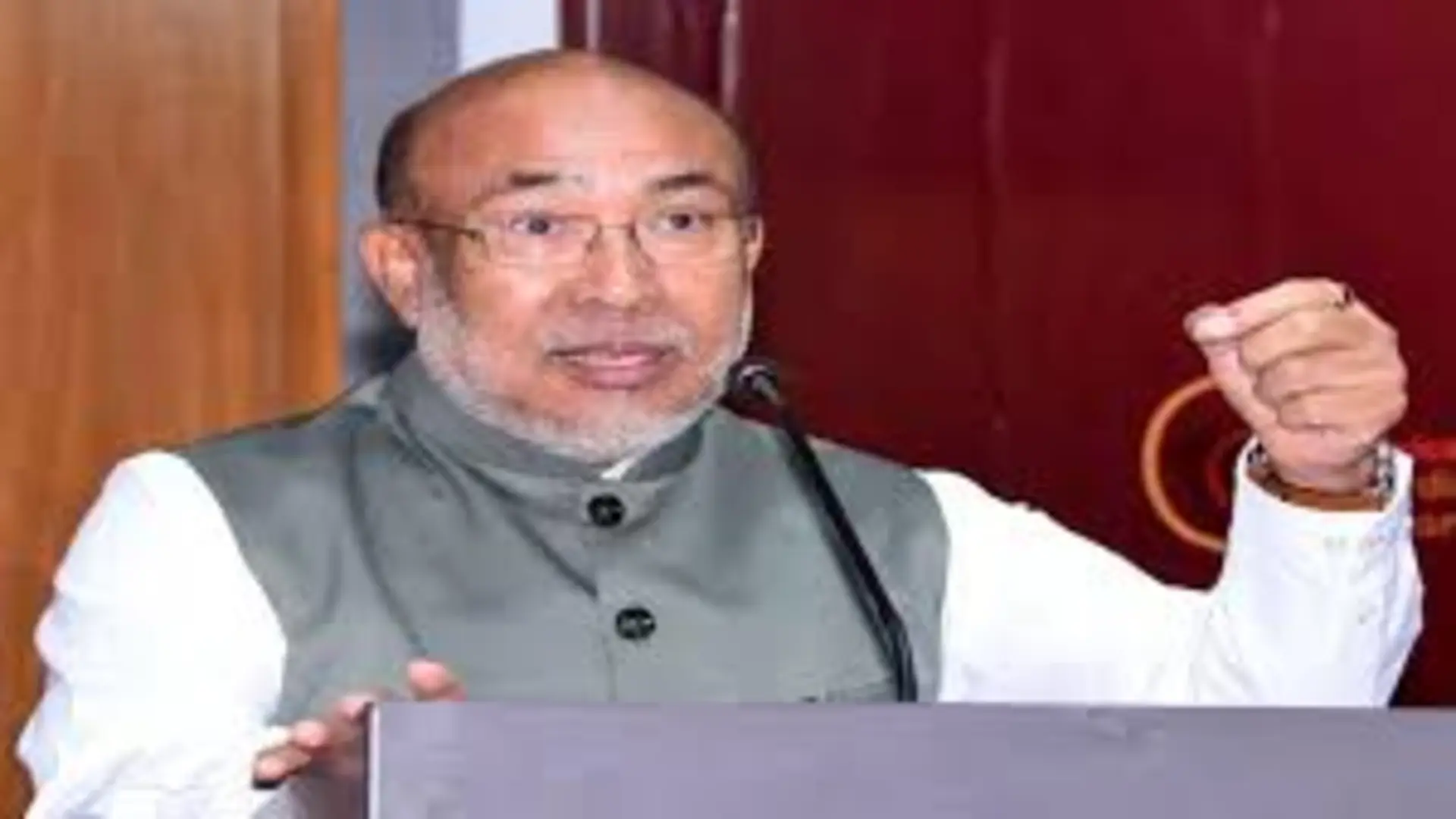Haryana saw a jaw dropping rise of almost 5,000 per cent in cyber crime incidents since 2019, registering 66,784 such complaints in 2022, officials said on Thursday. The state in 2019 had logged 1,362 cyber crime complaints, which rocketed by 4,803.40 per cent by the end of 2022, according to the data. In the first three months of 2023 alone 25,659 complaints of cyber crime have been recorded, the officials said. The average monthly receipt of complaints increased from 272 in 2019 to 956 in 2022, 1,313 in 2021, 5,565 in 2022, and 8,553 in the first three months of 2023, they said.
To deal with the rising number of complaints received on cyber crime helpline number ‘1930’, Haryana police has increased call lines from six to ten and number of people manning the lines from 18 to 40.
Haryana’s Additional DGP (Crime) OP Singh said the victims of cyber crime were being attended to round-the-clock by police.
Haryana Police recovered Rs 56.9 crore from the cyber frauds in the past three years, arresting 1,377 of them, 1,239 from outside Haryana, he said. Singh said that people must keep their Operating System, web browser, and all other software regularly updated to the latest versions to prevent any sort of hacking. “People should use strong and unique passwords. Avoid using common passwords and use long, complex passwords that include a mix of uppercase and lowercase letters, numbers, and special characters.
“Do not click on links or download attachments from unknown or suspicious emails. Be wary of unexpected emails, especially those that request personal or financial information and verify the authenticity of the sender before taking any action,” he said.
He further said that people should enable “two-factor authentication as it adds an extra layer of security to their online accounts by requiring an additional verification step.” “Be mindful of the information you share on social media and adjust your privacy settings to limit the amount of personal information that is publicly visible.
“Be cautious of friend requests or messages from unknown individuals and avoid sharing sensitive information online. Always make online purchases from reputable websites and avoid clicking on links in unsolicited emails or ads,” he said. The officer also urged the public to regularly review their bank and credit card statements for any unauthorised transactions and report any suspicious activity to their financial institution immediately.














